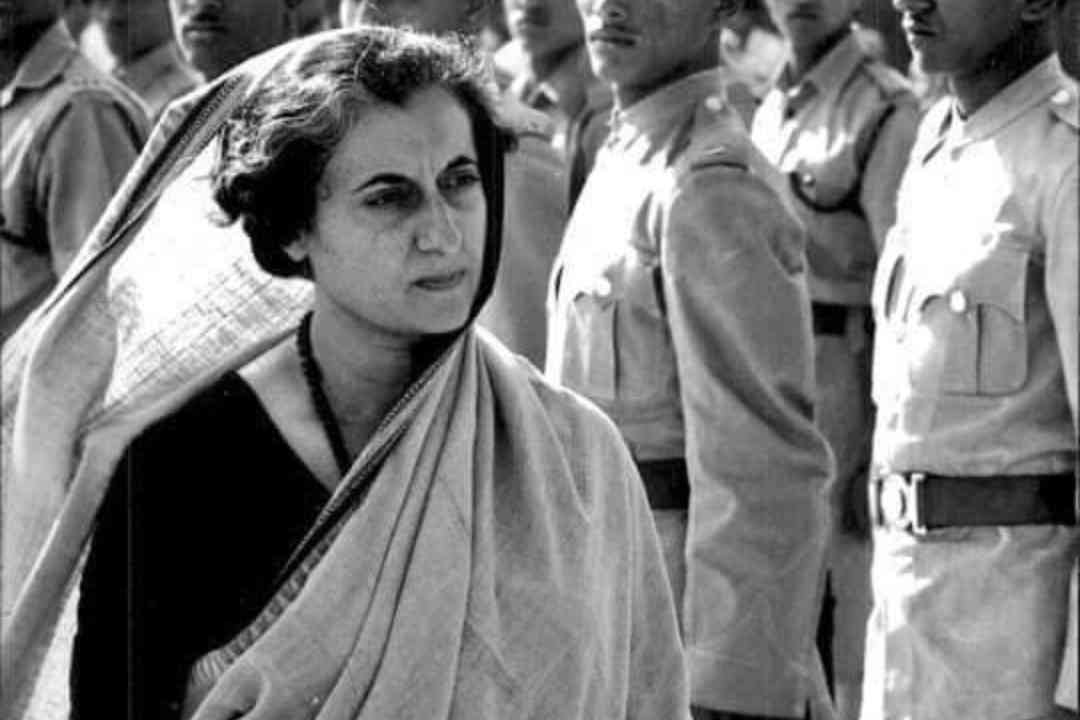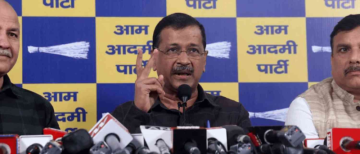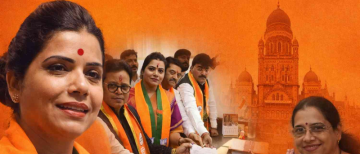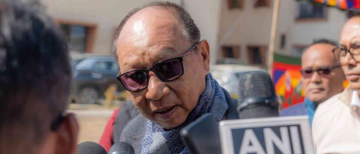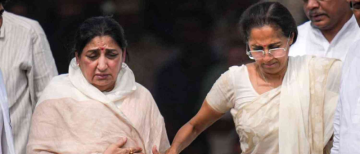Indira is India and India is Indira.
Sidhartha Shankar Ray
Liked by most and respected by all, Indira Gandhi was the definition of a political woman. No matter the occasion or place as long as the topic of strength, nature and power has been brought up, Indira Gandhi has been mentioned.
Born during the chaos of World War One, in a political family she understood the workings of politics very young. At an age of 4, she witnessed her grandfather, Motilal Nehru and father Jawaharlal Nehru being taken away, after the arrest she also witnessed police raiding her house and taking things away while little Indira stood with her hands balled screaming not to move anything and that those were her things. A year later upon seeing everyone around her burning British goods, the 5-year-old decided to burn her doll as well, a doll she was very attached to. Remembering the incident Indira said that she felt like she was murdering someone.
This same kid created vanar sena, a monkey army while being only 12. This sena often conveyed important information at that time. Indira Gandhi took the role of messenger to a good extent while she was young. She even smuggled a paper regarding a major revolutionary initiative while her house was being watched in her backpack.
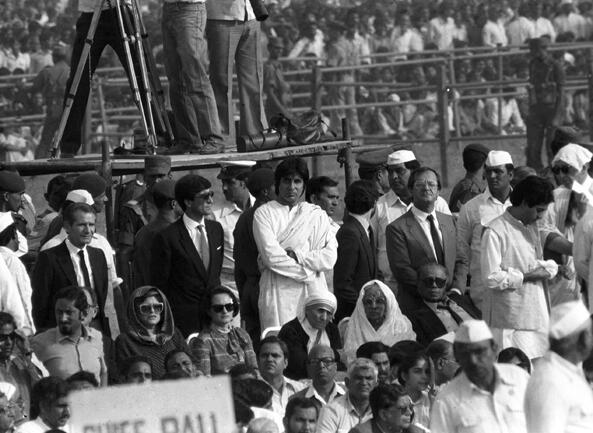
In 1926 when her mother became increasingly sick the family moved to Switzerland to consult with specialists. It was in Switzerland that her love for nature grew and she became an independent spirit. After returning to India in 1927 she resumed her studies. Following her mother’s death in 1936, Indira joined Somerville College, Oxford. While she was at Oxford, Indira, Gandhi went to great lengths to avoid Japanese goods, as Japan was attacking China.
Indira Gandhi started taking a more serious role in politics in 1947 as her father's companion and trusted advisor. She was later elected as the president of the Congress Nation Party, and after her father's demise became Minister of Information and Broadcasting under Lal Bahadur Shastri's government. After his death in 1966, she was elected as the first-ever female Prime Minister of India. She continued as Prime Minister from 1966 to 1984 until her assassination with a brief 3-year pause between 1977 and 1980.
During her leadership of the country, Gandhi was an incredible leader- she made reasonable and smart policies keeping India engaged and on good terms with most other countries. When her opposition parties made a slogan “Indira hatao” she cleverly replied with “garibi hatao”, as poverty was part of the five-year plan at that time.
One of her most regarded actions is the one she took during the liberation war. She let refugees in, and extended financial aid, and gave diplomatic, financial and military assistance to the people of east Pakistan on march 2nd 1971. India won the India-Pakistan war and Gandhi played an important role in the formation of Bangladesh. Indira Gandhi also introduced a twenty-point programme in 1975 whose purpose was to eradicate poverty and the programme is still being used with some new changes.
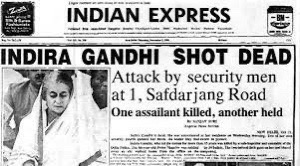
At the first-ever United Nations (UN) Conference on the Human Environment in Stockholm in June 1972. Indira Gandhi was the only head of government apart from the host Prime Minister. Her speech there has reverberated down the decades. She was an environmental enthusiast and she was singularly responsible not just for India’s best-known wildlife conservation programme—namely, Project Tiger—but also for less high-profile initiatives for the protection of crocodiles, lions, hanguls, cranes, bustards, flamingos, deer and other endangered species. She almost single-handedly pushed through two laws—one for the protection of wildlife and another for the conservation of forests, which continue to hold sway.
She once said, “A nation's strength ultimately consists in what it can do on its own, and not in what it can borrow from others.”
Indira Gandhi was a true Indian woman. And an iron lady in every aspect. She was shot dead on October 31st 1984, in her garden by her own bodyguards in the rebellion of Operation Blue Star. After her death, her ashes were sprinkled over the Himalayas as her last wish.
In an interview conducted in February of 1972, Gandhi started off by saying “They say that [I am icy, hard] because I’m sincere. Even too sincere. And because I don’t waste time in flowery small talk, as people do in India, where the first half hour is spent in compliments: How are you, how are your children, how are your grandchildren, and so forth. I refuse to indulge in small talk. And compliments, if at all, I save for after the job is done. But in India, people can’t stomach this attitude of mine, and when I say, Hurry up, let’s get to the point, they feel hurt. And think I’m cold, indeed icy, hard. Then there’s another reason, one that goes with my frankness: I don’t put on an act. I don’t know how to put on an act; I always show myself for what I am, in whatever mood I’m in. If I’m happy, I look happy; if I’m angry, I show it. Without worrying about how others may react. When one has had a life as difficult as mine, one doesn’t worry about how others will react. And now go ahead. You can ask anything you like.”
© Vygr Media Private Limited 2022. All Rights Reserved.

